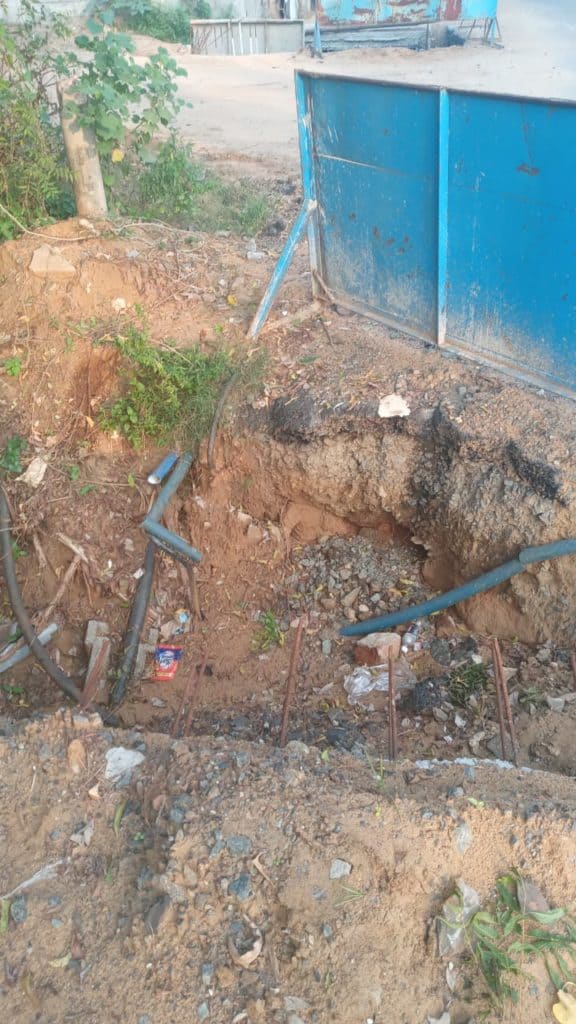Whole-genome lab inaugurated in Chennai
In a bid to track vector-borne diseases and superbugs resistant to antibiotics, Tamil Nadu Chief Minister M K Stalin inaugurated a whole-genome sequencing lab at the state public health laboratory in Chennai.
The facility will also help detect SARS-CoV-2 variants. When the virus multiplies, the mutations get accumulated in the genetic code. While the treatment for all variants of COVID-19 has been the same, alterations in the genetic structure have the capability to hasten the spread of the virus.
Until now, the state has sent the samples to the Bengaluru-based Instem (a part of a consortium of 10 labs that tracks the presence of variants in COVID-19 samples) upon the recommendations from the union government. Over the course of the pandemic, 80% of the samples from the state were positive for the delta variant while the rest were Alpha, Beta, Eta and Kappa variants.
While the lab in Bengaluru took a month’s time to process the samples and the cost of analysis was priced at Rs 5,000 per sample, the new lab in Chennai can test 1,000 samples simultaneously and results will be processed in four hours.
Source: The Times of India
Read more: Delta variant vs Delta plus: How much do we know?
Two new commissionerates to be formed
In the Assembly session last week, CM Stalin announced the formation of a new state police commission and police commissionerates in Tambaram and Avadi. It is to be noted that so far the city has only one commissionerate – the Greater Chennai Police Commissionerate.
This move would ease the burden on the force and also ensure ease of administration and expedite the processing of complaints and cases.
CM Stalin also announced that every police station would have a receptionist. Another focus area is the formation of a boys and girls club to avert children from engaging in illegal activities. To bring down the waiting time for lodging a complaint, the CM also announced the launch of a mobile application for the benefit of citizens.
Source: The News Minute
NGT asks govt to reevaluate SWD project in South Chennai
The south bench of the National Green Tribunal (NGT) has directed the state government to reevaluate the stormwater drain (SWD) construction project in the Kovalam basin.
The civic body has already begun the project by digging trenches and laying drains. The work was stopped when the residents objected to the project. The expert committee, formed by the NGT, stated that the project needed environmental clearance as it falls in the Coastal Regulation Zone (CRZ-II and CRZ-III) area.
The corporation was mandated to obtain CRZ clearance and the coastal zone management authority was supposed to provide an environmental management plan to bring down the intensity of the damage to the environment. Since the clearance has not been obtained, the bench slammed the authorities in-charge for commencing work before the requirements could be met.
Source: The Times of India
Read more: ECR residents do not want a storm water drain; here’s why
CAG report highlights gaps in sewage management
A 2018-19 audit report recently tabled in Parliament by the Comptroller and Auditor General (CAG) has indicated that given the failure to chart out proper plans, delays in approving tenders and completion of projects and problems in contract management, the goal of achieving 100% safe disposal of sewage appears thin.
According to the report, an estimated 242.73 million litres of raw sewage gets drained into water bodies and stormwater drains illegally. The projects that had been launched to provide a solution to the problem had not seen complete results.
The report also stated that as of March 31, 2019, only 52% of the sewage generated was collected by the existing sewerage system; and 88% of the collected sewage was treated before being let out. While the prescribed benchmark to recycle and reuse treated water is 20%, the CMWSSB has only recycled and reused 6.5%.
Source: The Times of India
Chennaiites can now interact directly with CMDA officials
To promote transparency and reduce manual intervention, the Chennai Metropolitan Development Authority (CMDA) has introduced a system where applicants can interact with officials through video conference, landline or WhatsApp numbers, for resolving queries and document verification.
CMDA said a dedicated landline number — 044 28410191, two WhatsApp numbers — 9150064456, 9160064457 and an email account onlinequeries.cmda@gmail.com have been created for the benefit of citizens.
Source: The New Indian Express
[Compiled by Bhavani Prabhakar]
